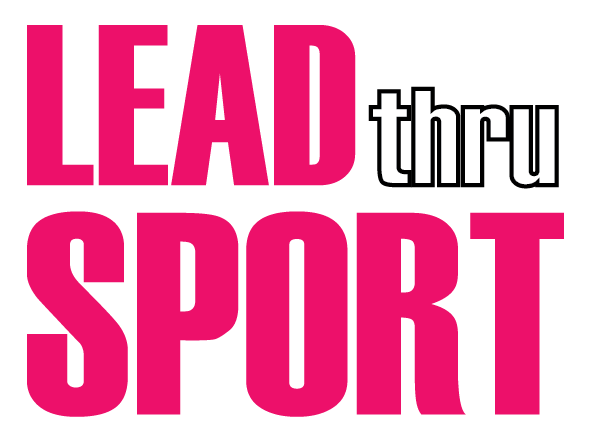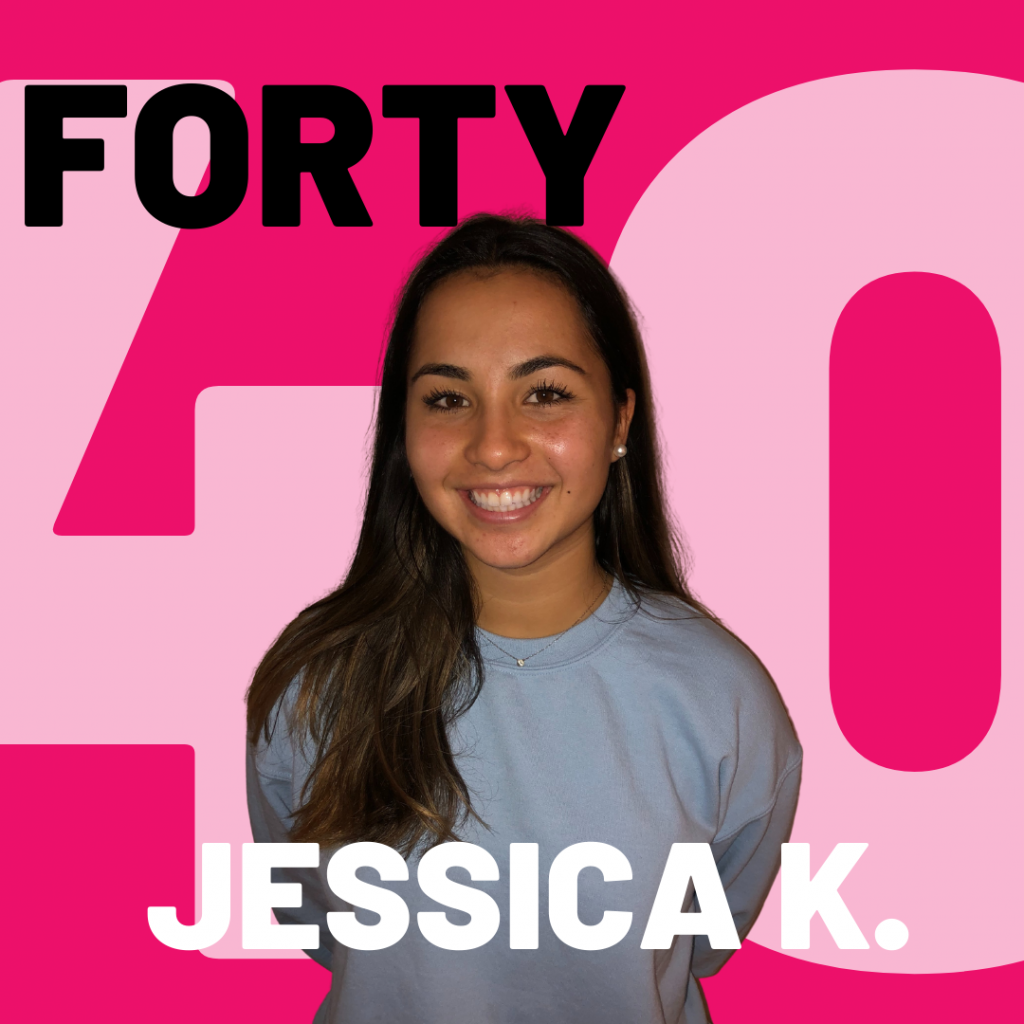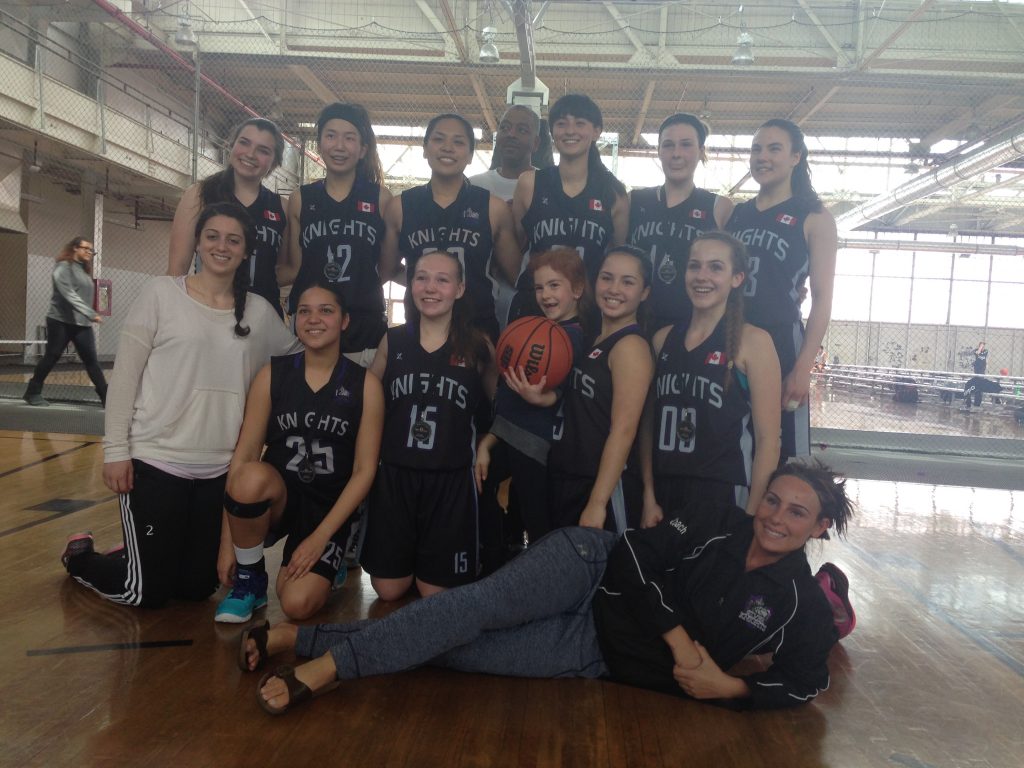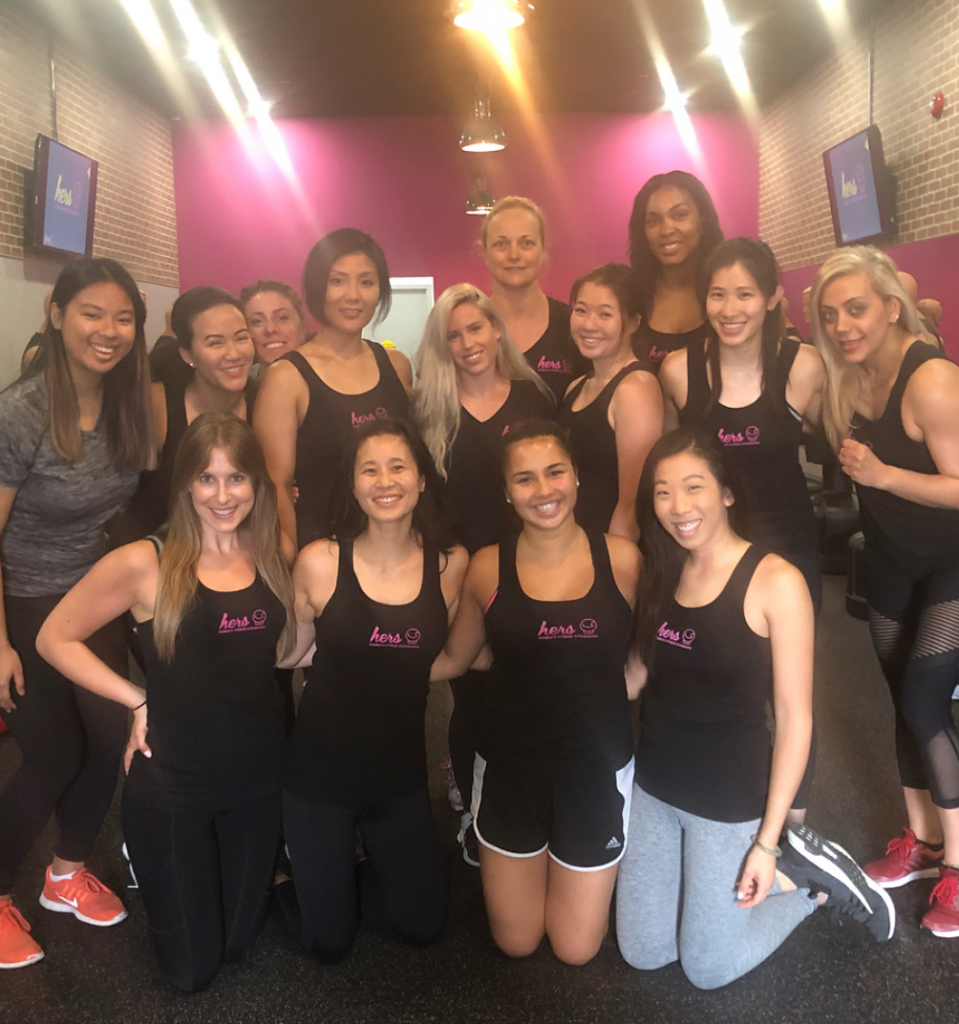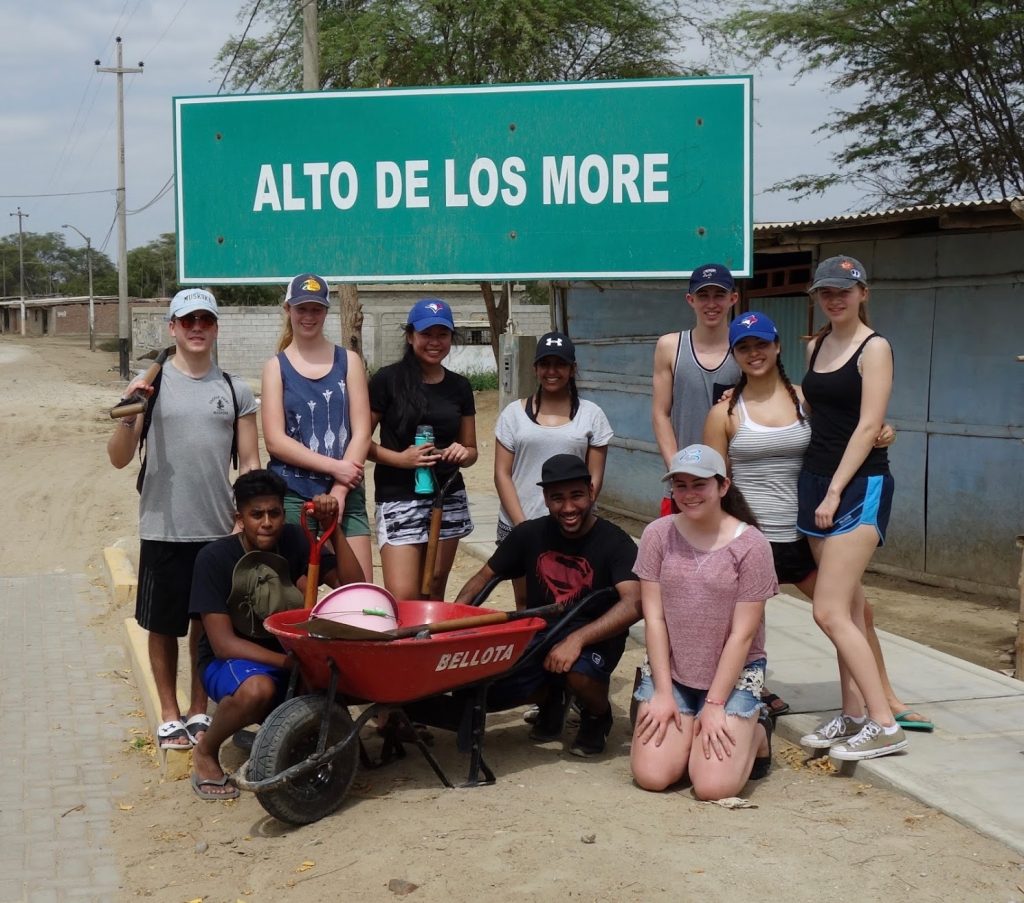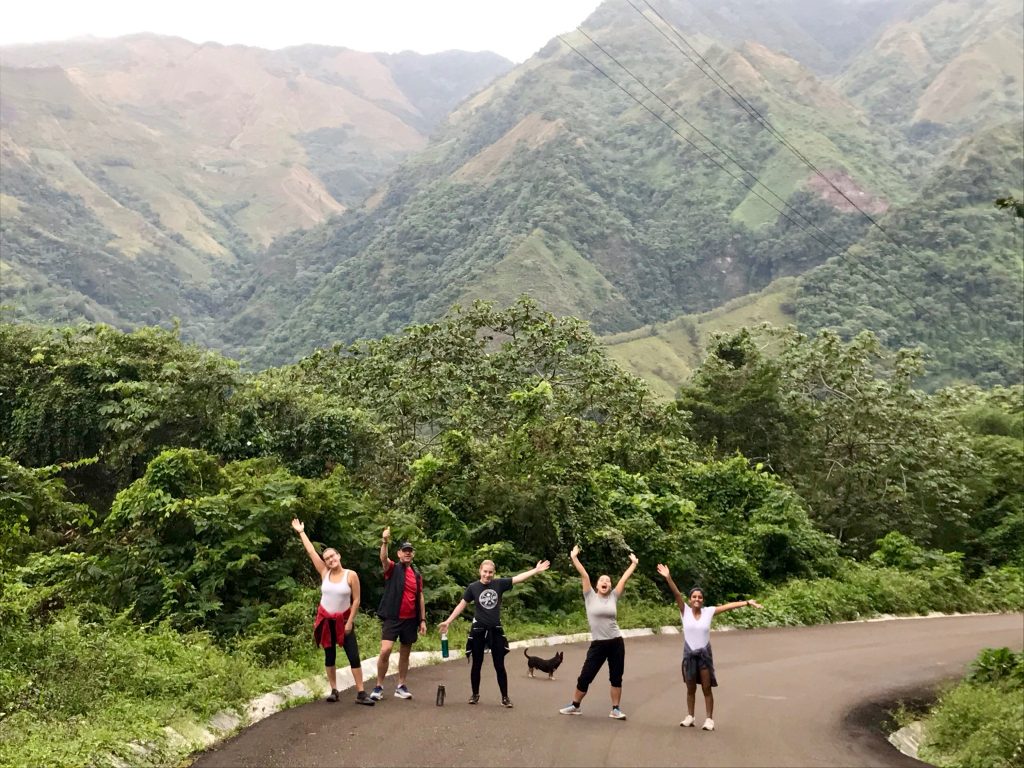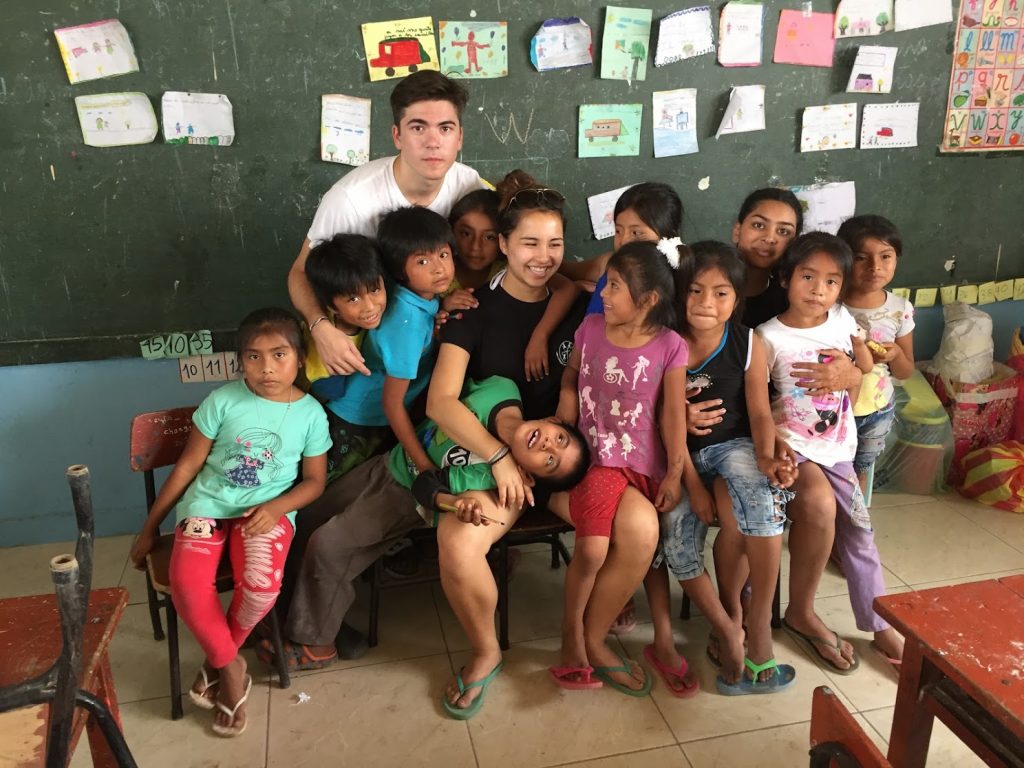WEEK #40: JESSICA KERR
Please tell us a little bit about yourself.
Hi, my name is Jess I am currently in my third year studying Social Justice and Peace Studies and Disability Studies at King’s University at Western. I love dogs, painting, and working out. I am passionate about female empowerment, racial injustice, and Indigenous issues. I love to travel and have been extremely privileged to have had the opportunity to visit many different countries. Two of my most memorable trips were volunteering in Peru in a small indigenous village in Altos De Los mores supporting and working with the community. My second favourite trip was this past February where I went to the Dominican Republic to research the sugar cane bateyes and met some of the most incredible and inspiring people.
I started playing basketball in grade four, fell in love with the game, met some of my closest friends and gained many life skills. I then discovered Kickboxing when I was 16 and loved the power and still continue to this day. Unfortunately, I was forced to quit basketball and kickboxing at the age of 17 because I developed an eating disorder. Due to the extreme measures I had done with eating and exercise, my heart became very weak and I had to stop all physical activity and school. Fitness and sport were a major part of my life and identity, so I took the needed steps to be able to get back to what I loved. I advocated for myself and with the support of my family and friends, I am now proud of the person I have become. I managed to go to university when I was told I wouldn’t, became valedictorian when they told me I couldn’t, and continue to do the things I love.
What is the best advice you’ve received as a leader or athlete? How do you apply this advice?
The best advice that I received as a leader/athlete was given to me by my former Basketball coach, Monika Korte. When I was captain, I used to put a lot of pressure on myself and continued to play through injuries and get mad at myself whenever I failed. My coach proceeded to tell me “you can’t be a superhero all the time.” This really stayed with me, and it forced me to take a step back and really listen to my body and focus on my health and not try and fix everyone’s problems on and off the court. That it was ok to fail and that it is ok for your teammates to see your vulnerability.
What are a few qualities of a great teammate? How did you embody those qualities?
A few key qualities of a great teammate that I believe can be applied to any relationship in life is respect, trust, and effective communication. Trust is important to build a solid relationship with your teammate to have each other’s back and support one another. I believe that communication is a huge factor on and off the court/field etc. Effective communication I believe is crucial to building a relationship with your teammates to understand one another.
